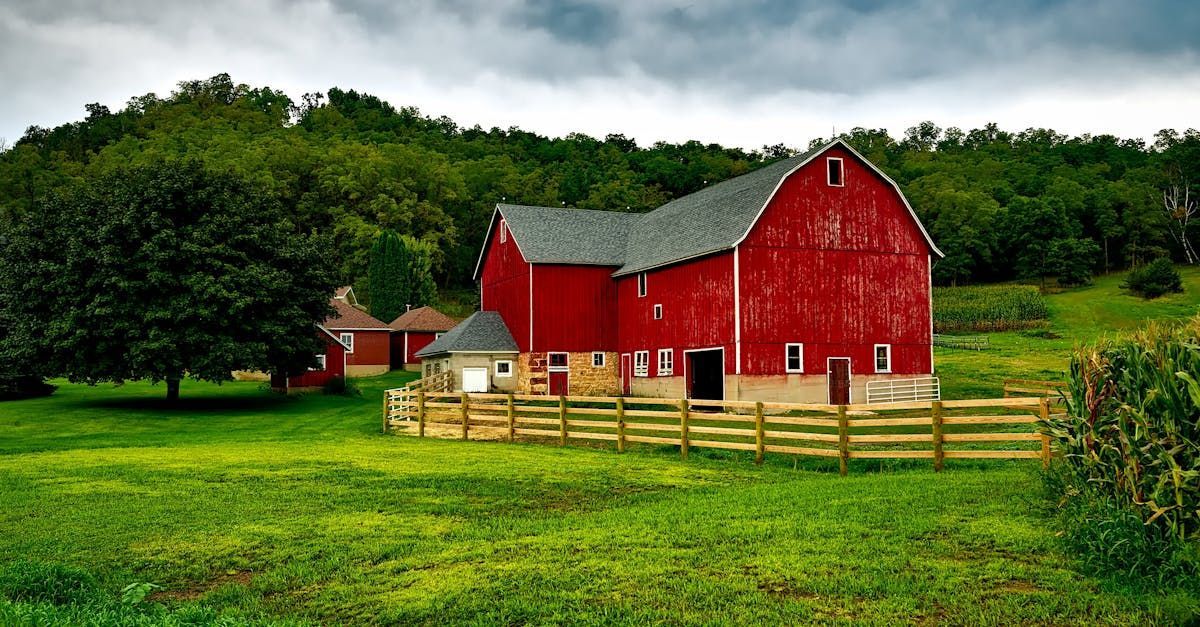
Did the Will Give You the Farm?
We can’t tell you how many times that we have heard, “My father’s will gave me the farm/house/camp, etc.” Well, yes and no…
In Michigan, “to be effective to prove the transfer of property … a will must be declared valid by a register's order of informal probate or by a court's adjudication of probate.” (MCL 700.3102). In other words, the will must be probated (a case filed in the county probate court) to transfer title of the willed property.
Under Michigan law, the transfer of property by the death of a decedent does take place upon the decedent’s death. However, the effectiveness of the transfer is contingent upon the probate of the will. (In re Cress' Estate, 335 Mich. 551, 56 N.W.2d (1953))). Michigan law treats the probate of a will as a process that confirms and formalizes the transfer of title, but for legal and practical purposes, the transfer is effective from the date of the testator's death. You may be able to live on the property, but the will must be probated to effectively own the property for transfer or loan purposes.
But Great Grandpa left the property to us: We’ve seen a case where Great Grandpa died, “leaving” the property to Grandpa, who then died, “leaving” the property to Father, who died, “leaving” the property to son. Son then wants to sell the property but then finds out that he does not have clear title to the property (no effective proof of ownership). Then Son finds out that he must probate Great Grandpa’s estate, Grandpa’s estate, and Father’s estate, and then maybe he’ll get a clear title to the property. What a mess, and costly!
But I am the heir to the property so I can sell it: The will is also not activated until the death of the person. This is another fallacy that we hear often-- that I am the heir to the land and I want to sell the land, BUT Dad is still alive. There is no heir until there is a deceased person. Dad must deed the property to you since he is still alive in order for you to be able to sell the property.
Proper Deeds: Properly drafted deeds are the way to properly transfer property. Michigan has title standards which govern whether a document is properly drafted to transfer property.
What about a Ladybird Deed? Let’s look at one way to possibly avoid probate in Michigan and legally pass real estate to someone upon your death- a Ladybird Deed. With a Ladybird Deed, the property legally passes title to the grantee (person getting the property) upon the death of the grantor (the person giving up the property). However, to still get clear title, the death certificate needs to be recorded with the Register of Deeds in the county where the property is located, as well as the Ladybird Deed recorded if it was not already recorded when the deed was drafted.
In a Ladybird Deed, the grantor (person currently owning the property) retains the property for his/her lifetime and upon his/her death, if the property is still owned by the grantor at death, it transfers to the grantee. The owner, since he/she owns the property during his/her lifetime, can still sell the property, deed the property to someone else (cancelling the Ladybird Deed’s on death transfer since there is nothing to transfer), mortgage the property, rent the property, etc. It is the owner’s property until his/her death.
Can I draft deeds myself? You can draft a Ladybird Deed yourself. However, we highly recommend using an attorney to get a deed drafted properly. We have witnessed several deeds that were improperly drafted by lay people which ended up in court because the drafter forgot important wordage.
Contact a knowledgeable attorney to properly draft your Ladybird Deed to avoid the hassles of probating your real estate.
Contact Robert Peterson, Attorney at Law, PC, for your Michigan real estate needs. You do not need to be in Michigan as long as the real estate you are transferring is in Michigan.



